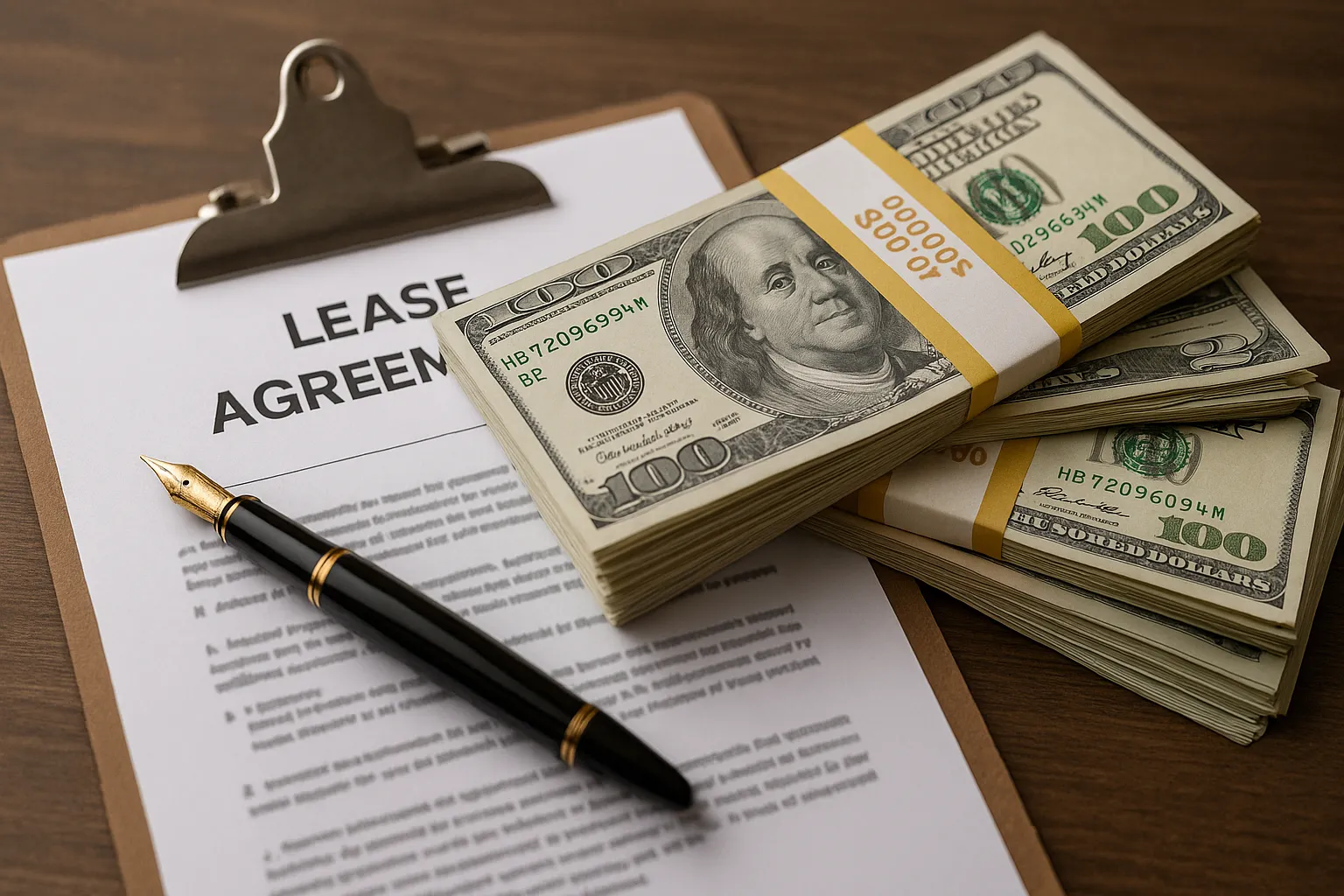When navigating a commercial lease in the UK, it’s easy for business owners to focus solely on the headline rent—only to miss the clauses buried deeper in the agreement that could lead to serious financial strain later on. These overlooked details, often tucked away in complex lease jargon, can turn what looks like a cost-effective space into a long-term liability that threatens the financial health of your business.
Stamp Duty Land Tax – The Hidden Cost Few Expect
Stamp Duty Land Tax (SDLT) often flies under the radar during lease negotiations, but it can present a significant cost for unsuspecting tenants. SDLT applies when the total rent over the lease term exceeds £150,000. That means a lease at £35,000 per year over seven years—totalling £245,000—would trigger an SDLT charge of £640. This expense typically surfaces only after legal reviews begin, catching many tenants off guard after they’ve already invested time and money negotiating terms.
To complicate matters further, SDLT calculations must also include VAT on the rent, if applicable. That’s why it’s crucial to clarify VAT status with the landlord upfront to avoid miscalculations in your budget.
VAT on Rent and Service Charges – A 20% Surprise
Many commercial landlords choose to “opt to tax” their properties, allowing them to charge VAT—currently at 20%—on rent and service charges. Unfortunately, this detail isn’t always made obvious in early lease drafts, which often refer vaguely to charges being “exclusive” or “exclusive of VAT.”
For VAT-registered businesses, this may be a recoverable cost. But for tenants not registered for VAT, this could represent a substantial—and unexpected—increase in monthly overheads. To avoid this costly misstep, tenants should confirm VAT status directly with the landlord or their agent early in the process, well before lease terms are finalised.
Escalating Service Charges Without Limits
Service charges can fluctuate significantly, and without clear limits or caps in place, tenants may find themselves footing the bill for cost hikes well beyond their expectations. During the UK’s 2022–2023 energy crisis, some buildings saw electricity costs rise by up to 300%. In multi-let properties—where communal electricity powers lifts, lighting, and climate control—these increases were often passed straight through to tenants.
The real issue lies in vaguely worded service charge clauses, which can allow landlords to recover costs for improvements or upgrades that provide little to no direct benefit. Without well-defined caps or exclusions, tenants risk being hit with substantial and unpredictable charges that throw long-term budgeting off course.
Full Repairing Obligations – The Cost of Ambiguity
Leases with full repairing terms often come with a hidden sting: tenants may be liable not just for ongoing maintenance, but also for fixing pre-existing damage. Clauses requiring a tenant to “keep” the property in repair can legally extend to putting it into repair—even if disrepair existed from day one.
This becomes even more significant in whole-building leases, where the tenant might bear responsibility for the structure itself. In part-building agreements, obligations are typically more limited, but still require close scrutiny. Without precise wording, tenants may end up paying for issues they didn’t cause and weren’t aware of when signing.
Break Clauses – Flexibility with Strings Attached
Break clauses are designed to offer tenants an early exit route, but many come with tight conditions that are easy to overlook. These might require full compliance with rent payments, repair obligations, and notice periods. Failure to tick every box—however minor—can nullify the break right entirely.
The consequences can be significant: a missed or invalid break clause might mean a business has to remain in the property and continue paying rent for the remainder of the lease term. For tenants planning to scale, relocate, or downsize, this could double costs at the worst possible moment.
Understanding these five commonly overlooked clauses gives businesses a much stronger footing when negotiating leases. Taking legal advice early and approaching lease reviews with due diligence can help avoid painful surprises later. In the UK’s intricate commercial property market, being informed isn’t just wise—it’s essential for financial stability and long-term success.


